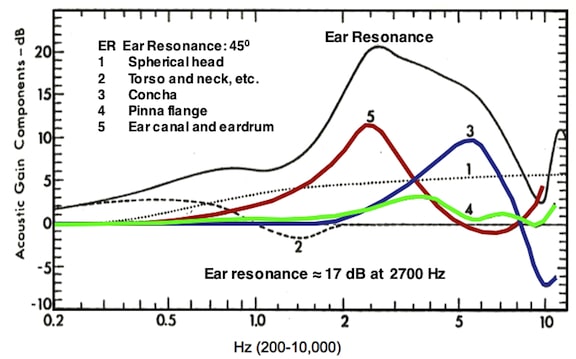By Lydia Denworth
My son Alex was the first deaf or hard of hearing child I ever knew in any meaningful way. When his hearing loss was identified just before his second birthday, I was sad and scared and anxious—as many parents in the same situation often are. More than anything though I felt the enormity of what I didn’t know. The future now held an enormous question mark.
Research became my coping mechanism. That was natural since I was a journalist and digging into a new subject was something I knew how to do. I figured I could do it for hearing, too. But it was several years before I realized that I wanted to write about what I was learning. Writing about my family, especially my child, for a larger audience was not something I did lightly, and it wasn’t something I had done very often in my career.
As a parent, though, I felt I had an important story to tell. It took longer than it should have for us to figure out that Alex couldn’t hear well. With hearing aids alone, his progress was halting. When his hearing got worse and he got a cochlear implant, he rocketed from the bottom of the speech and language charts to the top. My husband and I both thought that telling the story of his success might help other people. In addition, as a journalist, I felt I had a front-row seat to some significant scientific and cultural developments.
By combining my perspective as a parent and my experience as a reporter, I hoped I could bring something new to the story of cochlear implants and the issues surrounding them.
I started writing a few essays (you can read them on my website). For a while, that was enough. As compelling and urgent as our story felt to me while I was living it—as each of our stories feels—it wasn’t necessarily worthy of an entire book. By the time Alex was about five, however, two things had happened that made me think there was more to say.
The first change was that I understood more clearly how sound works in the brain. I realized how much I had taken sound for granted in raising my older two boys, Jake and Matthew, who are hearing. That seemed worth investigating. Of course, I knew sound was related to spoken language, but not how spoken language in turn is connected to reading and literacy for hearing children. I found the neuroscience being done around these issues fascinating. Some of the findings seem obvious, but they are also profound. Learning language means learning patterns. Early on, hearing children pick up those patterns through sound in the form of speech. A child’s brain craves repetition, rhythm, and rhyme. Those things, which are so abundant in Dr. Seuss, nursery rhymes, poetry, and music, help forge the neural networks children will need to read fluently. I was stunned to learn that researchers have found that the speed with which a child’s brain processes sound at the start of kindergarten correlates to how many words per minute that child will read in fourth grade. And furthermore, that the majority of reading problems are now thought to involve sound.
The second change was that I got more interested in exploring the history of deafness. I wanted to know more about the science involved in cochlear implants. How was it possible to create this transformative technology that for the first time partially restored a missing sense? Most scientists had deemed it impossible; yet a few persisted and ultimately succeeded. I also wanted to understand more about Deaf culture and American Sign Language, and how some of the people cochlear implants were designed to help could be so opposed to the technology. It was uncomfortable at times to explore that part of the story as a hearing parent of a child with an implant. I hoped that by confronting my discomfort head on I could get beyond some of the standard arguments on both sides of the issue.
The resulting book, I Can Hear You Whisper: An Intimate Journey through the Science of Sound and Language, weaves together several different stories. It recounts our personal experience up through the year Alex started second grade and learned to read. It provides a history of deaf education, civil rights, and cochlear implants. And finally the book examines the evolving science of the plasticity of the brain, or how the brain changes with experience, and how sound in particular can be part of that experience.
When I started out, I thought I needed to know everything there was to know about ears. As I say in the book, it wasn’t that simple:
“Hearing, through sound, is inextricably linked to spoken language and through language to literacy. I set out to understand ears, but I ended up exploring the brain. I wanted to know what hearing meant for Alex, and found myself grappling with the scientific, developmental, and cultural implications of how to use what we know about sound and language. Alex’s ears, in every sense, were just the beginning.”
Lydia Denworth is a former Newsweek reporter, London bureau chief at People magazine, and professor of journalism at Fordham University. Her work has appeared in The New York Times, Wall Street Journal, Scientific American Mind, Parents and many other publications. Her latest book, I Can Hear You Whisper, has been featured in The New York Times, The Washington Post, Time, People and Vanity Fair, and on NPR and CBS This Morning. Denworth lives with her family in Brooklyn, New York.







